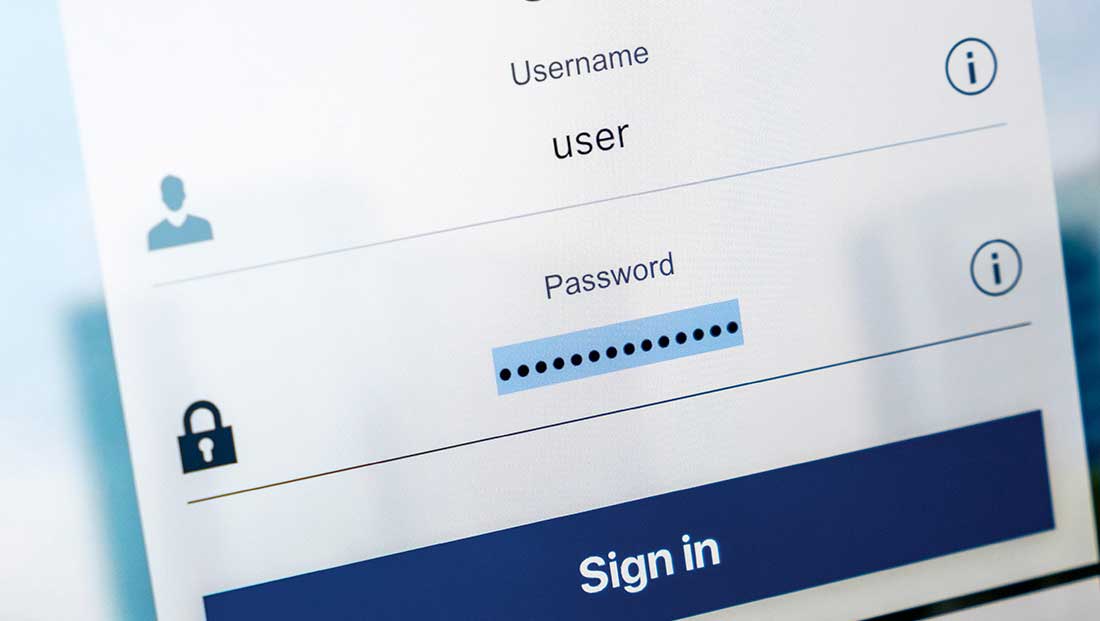The Truth About Digital Trust
New research exploring UK consumer trust in digital brands and attitudes to online security and personal data sharing
This in-depth study of 4000 UK adults in partnership with Censuswide, measures UK consumer trust in digital brands across banking, media, gaming and gambling, and other sectors. We discover how brands can become trusted parties with consumers, using factors such as design, device and connection to build a high trust state when transacting online.
Research Highlights:
Banking is the most trusted industry by UK consumers overall, but Gen Z tend to trust newer brands
Gambling sector is seen as the least trusted to keep customers’ personal details safe – but gaming divides the generations
Gen Z’s trusting nature when online makes them more prone to scams
A third (30%) of people say having their identity stolen is the biggest risk of being online and a further one in five most fear losing control of their finances
Banking named most trusted sector
The banking sector has been named the most trusted overall by UK consumers according to the latest study by LexisNexis Risk Solutions. Banks got the highest share of votes (86%) from consumers when asked which sectors they most trust overall. They also said they trust the banks most to keep their personal details safe online, with nearly two-thirds of UK adults (60%) agreeing. This is despite the rising levels of global cyber attacks on financial services institutions in recent years designed to compromise accounts.

New brands must earn digital trust
Banking stood out significantly against all other sectors, with around twice as many people trusting banks with their personal details over the police (31%) or the government (28%). Even online shopping and TV streaming services struggled to gain trust among UK adults as custodians of their data, perhaps reflecting a widespread general mistrust of how commercial organisations use and protect customers’ personal information.
Which of the following do you trust the most to keep your personal details safe?
60%
Banking
31%
Law Enforcement
28%
Government
17%
Online Shopping
15%
TV Streaming
6%
Gaming and Gambling
Younger people less trusting of established brands
While trust in online banking is high among the population as a whole, the research showed clear generational differences in attitudes. 70% of respondents aged 55+ said they trust the banking industry most with their personal details, while just 43% of those aged 16-24 said the same.
The over 55s tended to rate other more established or traditional sectors as more trustworthy, too – both in general and with their personal data – compared to younger age groups, including utility companies, telecoms, and government and law enforcement. 69% of this age group stated that they trust established brands over ones that are new to them, compared to just 59% of 16-24 year olds.
Who do you trust most to keep your personal details safe online?
| 16-24 (Gen Z) | 55+ | |
|---|---|---|
| Banks | 43% | 70% |
| Utilities/Telco | 14% | 20% |
| Government | 17% | 37% |
| Law Enforcement | 22% | 35% |
Out with the old...
In contrast, younger people are far more accommodating to less established brands, including those representing newer digital services such as TV streaming companies and social media.
...in with the new
Nearly three quarters of Gen Z (72%) said they trust social media companies overall, compared to less than half (42%) of over 55s. Gen Z also trust messaging apps, investing services and gaming providers more than they trust the government. Perhaps most tellingly, 16-25 year olds said they trust brands like streaming service, Netflix, more than they trust their bank.
The 16-25 age group said overall they trust brands like streaming service, Netflix, more than they trust their bank.
Do you use the following and to what extent do you trust them?
| 16-24 (Gen Z) | 55+ | |
|---|---|---|
| Social Media | 72% | 42% |
| Investing Services | 57% | 40% |
| Messaging Apps | 78% | 65% |
| TV Streaming Services | 85% | 68% |
| Banks | 80% | 88% |
| Government | 55% | 58% |
Born to trust
The research shows a clear generational difference in attitude to newer and digital-only brands with younger people seemingly more willing to trust them to act in their best interests.
This is perhaps not entirely surprising since Gen Z are the first truly digitally native group, having grown up using social media and devices. They also spend the most time online of any generation, averaging 10.6 hours a day compared to 8.5 for Millennials, according to Adobe.

Attitudes to online security
However, this time online appears to give them a false sense of security when interacting and sharing their data with others online.
For example, a significant 79% of 16-24 year olds surveyed, admitted to sharing their passwords to subscription streaming services with family and friends. That compares with only 54% of 35-44 year olds and just 20% of those aged 55+.
While this may seem on the face of it a relatively harmless practice, it represents a huge online security issue when you consider that a 2019 Google study found that over half of people admit to using the same password across multiple online accounts. This leaves Gen Z wide open to all kinds of fraud and social engineering scams, since criminals rely on information stolen from compromised online accounts for most fraud attacks.

Gen Z more prone to online scams
New account creation – where fraudsters use stolen credentials to open new accounts with financial services providers in the victim’s name – was up 73% year on year in 2021, according to the most recent LexisNexis Risk Solutions Cybercrime report.
Given their attitude to security, it’s little wonder that our research found 40% of UK consumers aged 16-24 admit to having been victims of an online scam, compared to just 16% aged 55 and over.
Stark warning: brands must build secure online experiences
The research also contains a stark warning to online brands to do all they can to protect their customers and provide a safe and secure digital experience for them – or risk losing their trust.
A third of people surveyed (28%) said they would never use a brand or service again if they became a victim of a scam with which it was associated.
With fraud now being the most commonly experienced crime in the UK, according to the NCA, the fear of falling victim is clearly playing on the majority of people’s minds when interacting online. The study revealed that a third (30%) of consumers say their biggest fear of being online is having their identity stolen, while a further one in five consider losing control of their personal finances as the biggest single risk, compared to the risk of reputational damage from losing control of social media accounts (6%) or having sensitive data stolen (6%).

A silver lining
Encouragingly, consumers put trust and a secure experience above all else when asked what factors are most important to them when choosing to sign up with an online service. This commercial demand should at least drive more brands to ensure that they are creating an experience that is not only fast, but helps build strong trust and reassurance for users that their personal information is in good hands!
What factors are most important?
| 16-24 (Gen Z) | |
|---|---|
| Trusted Brand | 46% |
| Secure Experience | 46% |
| Free Delivery | 29% |
| Convenience | 22% |
| Price | 21% |
